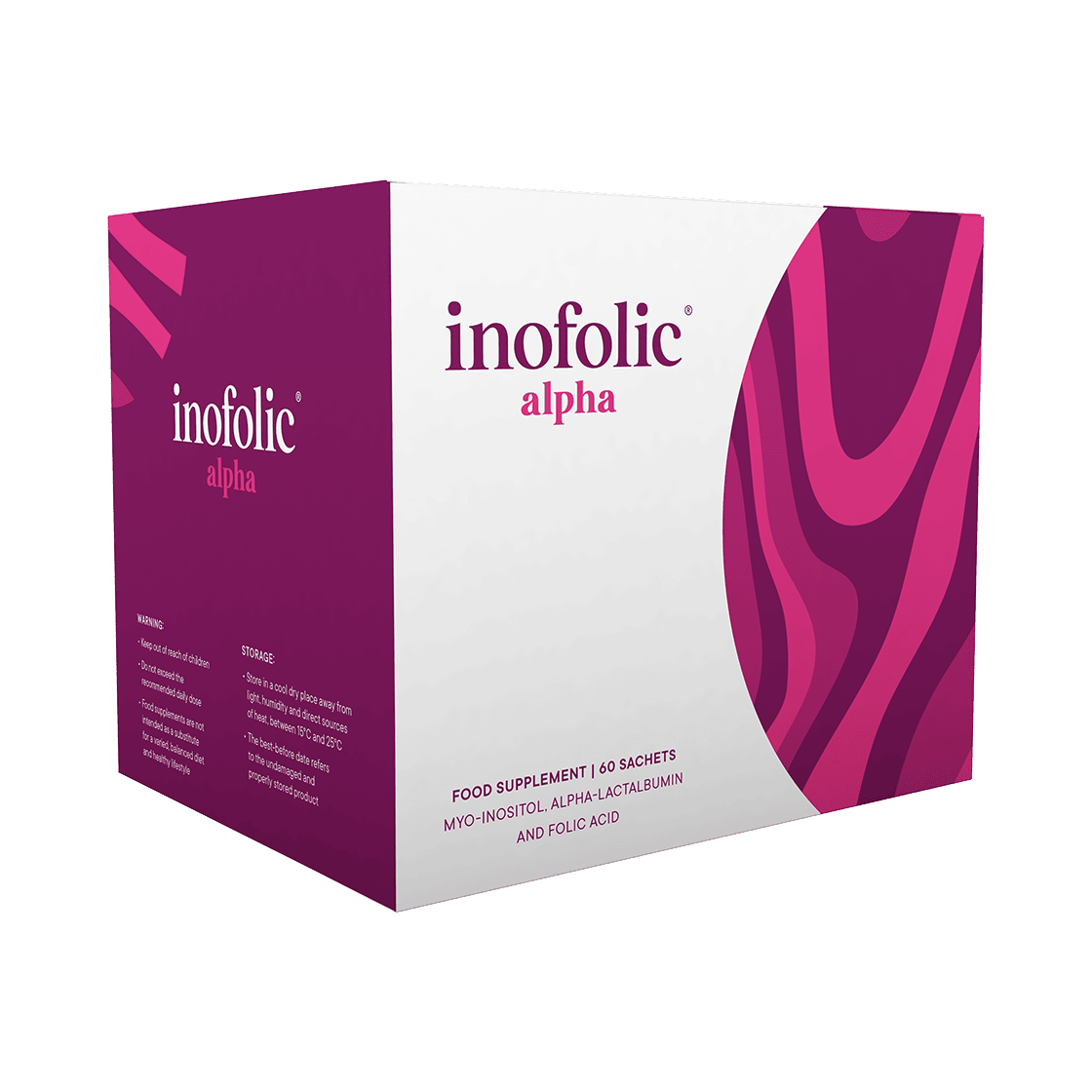How to get pregnant with polycystic ovaries naturally
When you are diagnosed with PCOS (polycystic ovary syndrome) you will have probably been told that it will be a challenge for you to get pregnant in the future. This is because PCOS is one of the most common causes of female infertility. However, rest assured that everyone is different, and having PCOS is not an absolute barrier to conceiving naturally. Additionally, the rate of miscarriage among those with PCOS is not higher than those without it. Most women with PCOS will be able to get pregnant with a combination of fertility treatments and positive lifestyle changes.
Losing weight to trigger ovulation
Not all women who have PCOS are overweight, but some women with PCOS find that their periods stop when they become overweight and they don’t ovulate. Weight gain can be a typical symptom of PCOS.
PCOS makes it more difficult for the body to use the hormone insulin, which normally helps convert sugars and starches from foods into energy. High androgen levels can lead to weight gain.
Losing weight with PCOS can trigger the ovulation process to restart if it has stopped. Taking up a physical activity which you enjoy can be great for motivation to exercise regularly and burn calories. Eating a balanced diet will also help to reach a healthy weight. Scientific research found that a combination of eating a healthier diet and regular brisk walking improved menstrual cycle regularity.
Ask your doctor to test if you are insulin resistant as taking the diabetes drug metformin can also help you lose weight and conceive.
How to induce ovulation naturally in PCOS
There are steps that you can take in your day-to-day life in order to bring about ovulation naturally when you have PCOS. Improving your exercise habits in order to maintain a healthy weight, and making changes to your diet, as detailed below, can both help. Avoiding processed foods and foods with added sugar helps to balance insulin levels and improve hormonal imbalance in the body.
A PCOS-friendly diet
There are a number of changes you can make to your diet to help get pregnant:
- Reduce your carbohydrate intake – Try a low-glycemic diet (low-GI) — to help you stabilise your insulin levels.— this may improve the hormonal imbalance and help weight loss if needed.
- Always eat a good breakfast — making breakfast the biggest meal and dinner the smallest to help balance hormones.
- Include lean protein —and reduce your carbohydrate intake. Include healthy fats in your diet — to help improve insulin levels (nuts, seeds, olive oil, oily fish).
Getting pregnant with PCOS after 30
Natural fertility begins to decline significantly for women around age 32. With the addition of an ovarian syndrome, women over 30 with PCOS will have greater risks associated with pregnancy, but a healthy pregnancy is still possible. Because of the insulin resistance that is often an issue for women with PCOS, one of these increased risks is gestational diabetes, when a woman develops diabetes during pregnancy. This condition is also more common in women over 25. To prevent and manage this, it is important to follow a healthy diet and exercise regularly. Women with PCOS may also want to get a glucose screening earlier during pregnancy than at the routine 24-28 weeks.
Tracking your cycle is also very useful to improve your chances of conceiving as it helps you better understand your cycle and predict if and when you’re ovulating. There are a number of tools and apps available to help with this. Medication to treat PCOS and improve fertility is also available for women with PCOS who are trying to get pregnant.
Medication given for PCOS
Your doctor might consider treating you with the following medication to achieve or improve ovulation:
- Metformin treatment — to treat insulin resistance.
- Clomid (clomiphene) treatment — to help induce ovulation, though not successful for everyone.
- Letrozole (Femara) — often prescribed if Clomid doesn’t work.
- Gonadotropins for ovulation induction — injectable fertility drugs similar to those used in IVF. This requires ultrasound monitoring to reduce the risks of ovarian hyperstimulation syndrome (OHSS) and multiple births.
If gonadotropins are not successful, the next step is usually in vitro fertilisation (IVF).
How Inofolic Alpha can help
For women with PCOS who have insulin resistance, treatment with Inofolic Alpha has been proven to make significant improvements to hormone levels and restore and regularise periods. Inofolic Alpha is much more effective than myo-inositol alone (ie myo-inositol + folic acid products). Moreover, Inofolic Alpha improves absorption of myo-inositol and reduces inflammation – an underlying pathology in PCOS.
The evidence shows that not only does Inofolic Alpha have numerous benefits for women with PCOS who are trying to get pregnant, but unlike the medications, there is a virtual absence of any side effects observed at the recommended dose.
Guide authored by PCOS supplement provider, Fertility Family.









